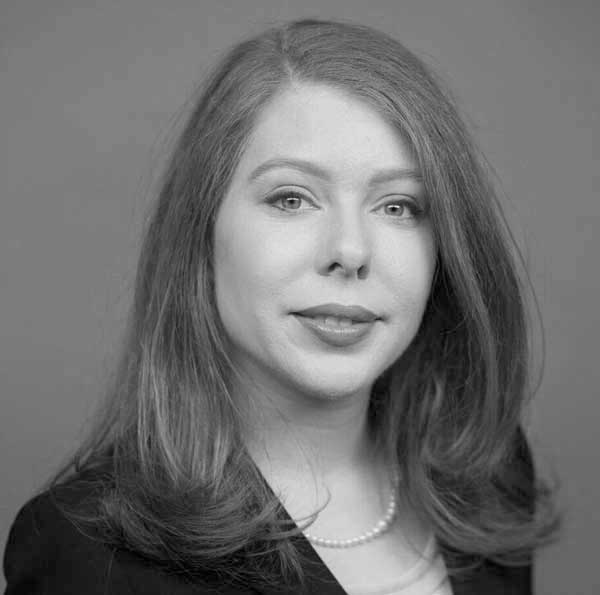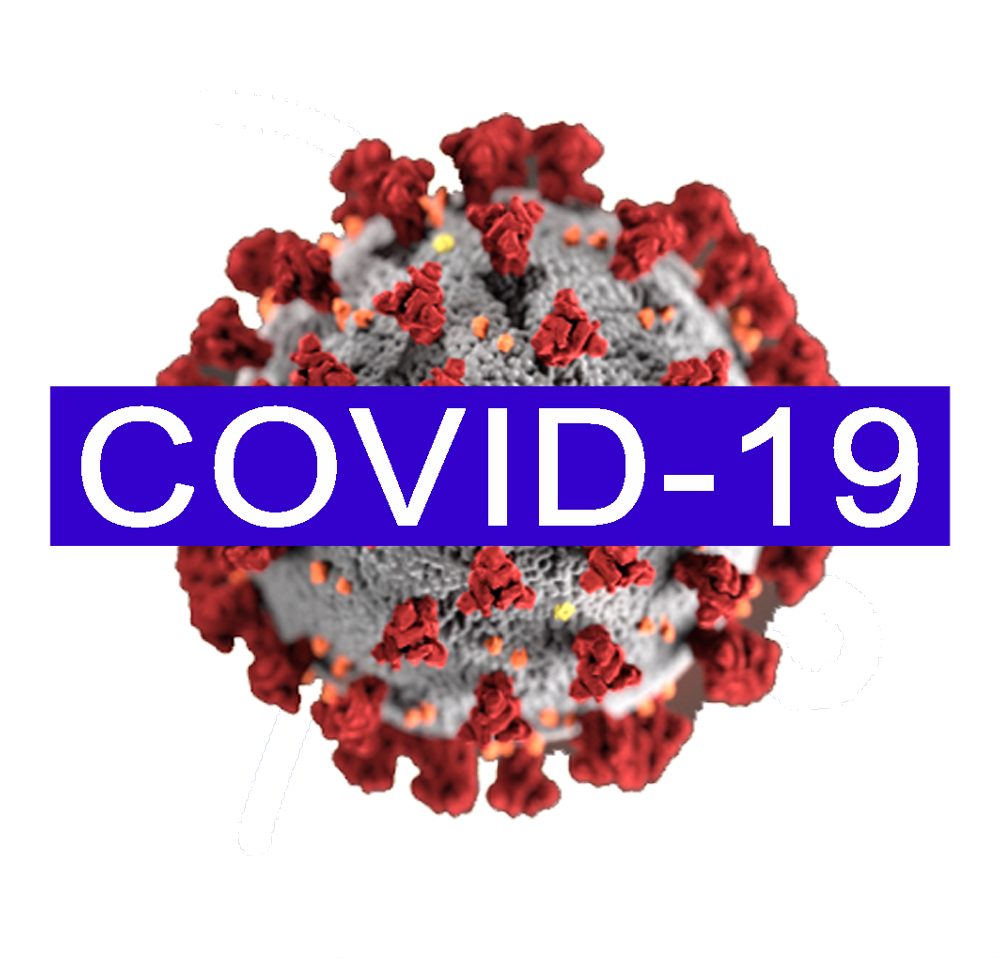Cornell Law School’s First Amendment Clinic filed a lawsuit in state court on July 6, 2020, seeking wage-theft–related records from the New York State Department of Labor on behalf of immigration-focused nonprofit news site Documented.
Documented plans to use the requested documents to create an interactive database of companies in New York that have stolen wages from employees. That database would be accessible both to low-wage workers at particular risk of experiencing wage theft and to those who support a living wage to determine which companies to avoid working for or patronizing
Wage theft is a widespread problem in New York. In recent years, unscrupulous employers stole an estimated $965 million annually from New York employees, according to an Economic Policy Institute report.
“It is crucial that records identifying employers’ bad actions be made public in a timely manner both to hold employers accountable and to further the Department of Labor’s aim of protecting workers,” says Heather Murray, managing attorney of the clinic’s Local Journalism Project.
Murray points out that the federal Department of Labor already publicly posts the type of wage theft information that Documented is seeking, including whether violations were found, the back-wage amount, the number of employees due back wages, and the civil monetary penalties assessed.
Documented filed the original Freedom of Information Law request in December 2019. The suit challenges the improper delay and constructive denial of access to the requested wage and hour records.
Documented is represented by Murray; Cortelyou Kenney, associate director of the clinic; and Mark Jackson, director of the clinic. Student interns Sam Aber and Joel Sati also assisted in preparing the petition and the supporting brief.
The First Amendment Clinic is engaged in a variety of cases and projects advancing the interests of free speech and freedom of the press. Its recently launched Local Journalism Project addresses the increasing void in legal representation facing newsgatherers and media outlets that would otherwise be precluded from engaging in expensive litigation to defend their rights and ability to do their jobs. The clinic’s work extends across disciplines, impacting journalists, researchers, human rights advocates, political advocates, and other individuals targeted based on their expression.



